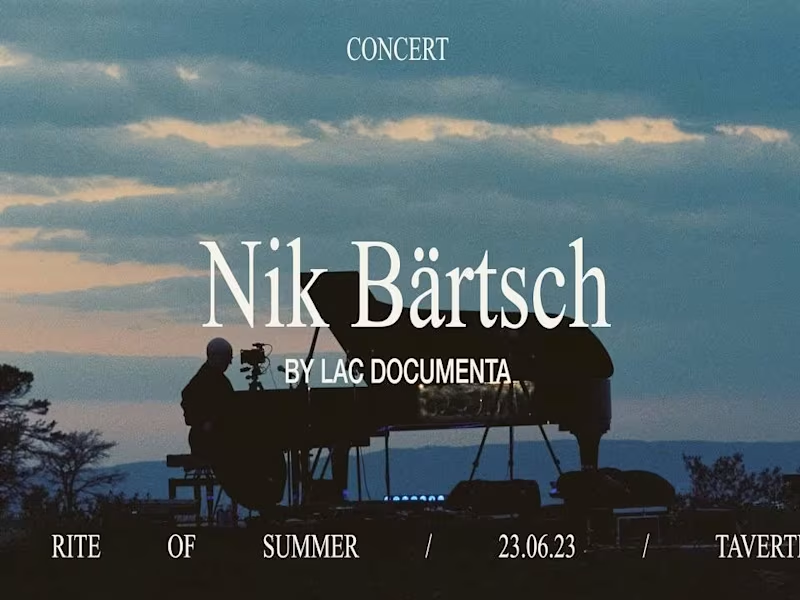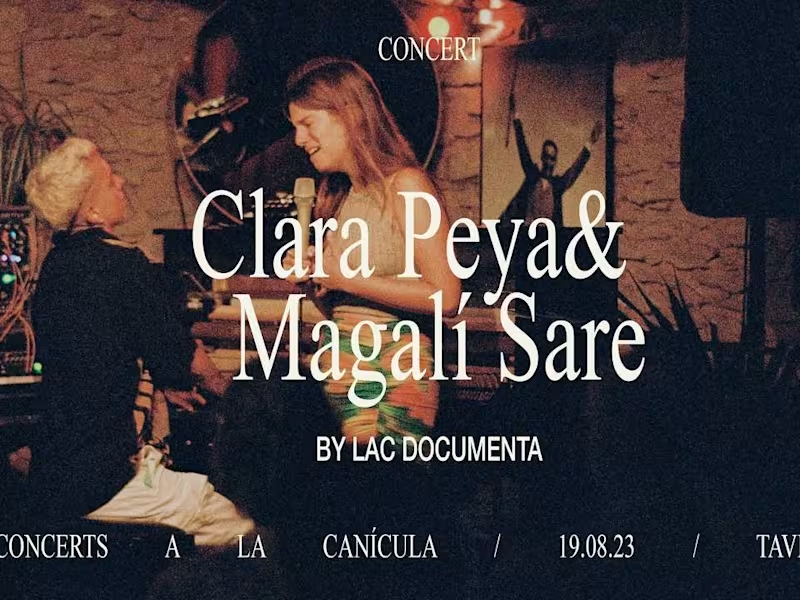What is the experience level of the freelance mix engineer?
It's important to know how much experience a freelance mix engineer has. Look at how long they've been doing mixing and mastering. Check if they have worked on projects similar to yours. Experience helps them understand what you might need.
What genres do they specialize in?
Different audio engineers specialize in various music genres. Make sure they are comfortable with your style of music. If they love and understand your genre, their work will likely be better. Ask about the types of music they enjoy working on.
Can they share samples of previous work?
Listening to examples of their past projects gives you an idea of their sound quality. Check if the sound of those samples matches what you want. Samples are like a window into their skills. They help you decide if the freelancer is the right fit for your project.
What is their mixing and mastering process?
Understanding their process helps you know what to expect. Ask them to describe how they mix and master tracks. Knowing each step ensures they have a thorough and professional workflow. It also helps you feel confident in their ability to complete the project.
What software or equipment do they use?
The tools they use can affect the final sound of your project. Check if they use high-quality software and equipment. Well-known tools are often a sign they care about sound quality. It’s also good to know in case you have preferences.
What are the deliverables I can expect?
Be sure about what you will receive when the project is done. Ask about the file formats and how many versions you’ll get. Knowing the deliverables helps you plan for the next steps. It ensures that you’re both on the same page.
How long does the process usually take?
Knowing the timeline helps in planning your project. Ask how long it typically takes them to finish a job like yours. This helps you set realistic expectations. It's always best to allow enough time for quality work.
Do they require any specific files or information from me?
Understand what they need from you to start the project. This might include audio files or details about your vision. Being prepared means the work can start smoothly and quickly. Ensuring clarity prevents misunderstandings.
Will we have regular check-ins during the project?
Regular updates help you stay informed about progress. Ask if they plan to provide updates or seek feedback. This keeps the project on track and ensures satisfaction. It also allows any adjustments if needed.
Do they offer revisions if needed?
Revisions can be important in getting the sound just right. Ask if they can make adjustments if you need changes. Knowing this makes you feel more secure about the final outcome. It ensures the final product meets your expectations.
Who is Contra for?
Contra is designed for both freelancers (referred to as "independents") and clients. Freelancers can showcase their work, connect with clients, and manage projects commission-free. Clients can discover and hire top freelance talent for their projects.
What is the vision of Contra?
Contra aims to revolutionize the world of work by providing an all-in-one platform that empowers freelancers and clients to connect and collaborate seamlessly, eliminating traditional barriers and commission fees.


































































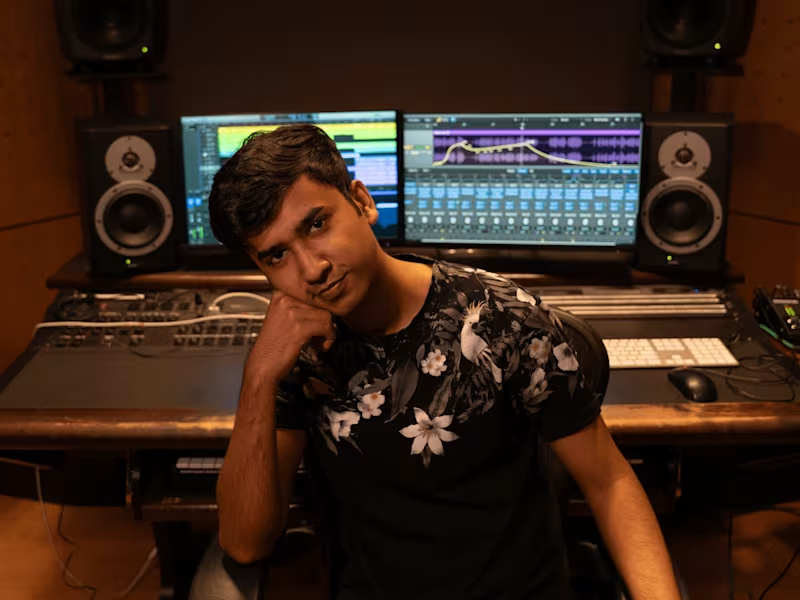

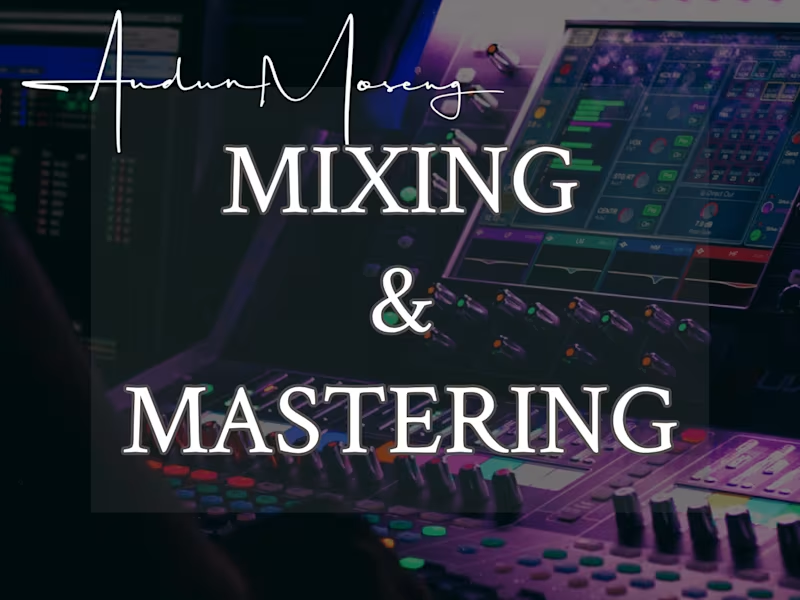








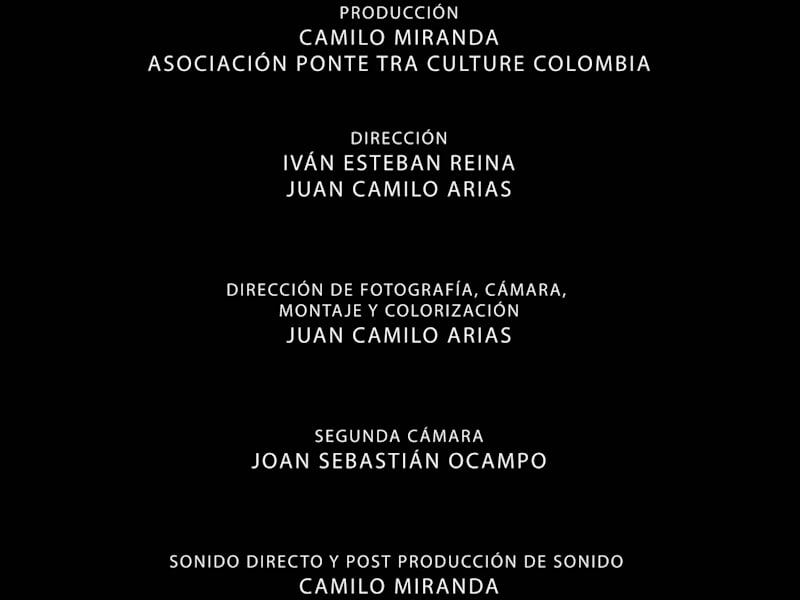
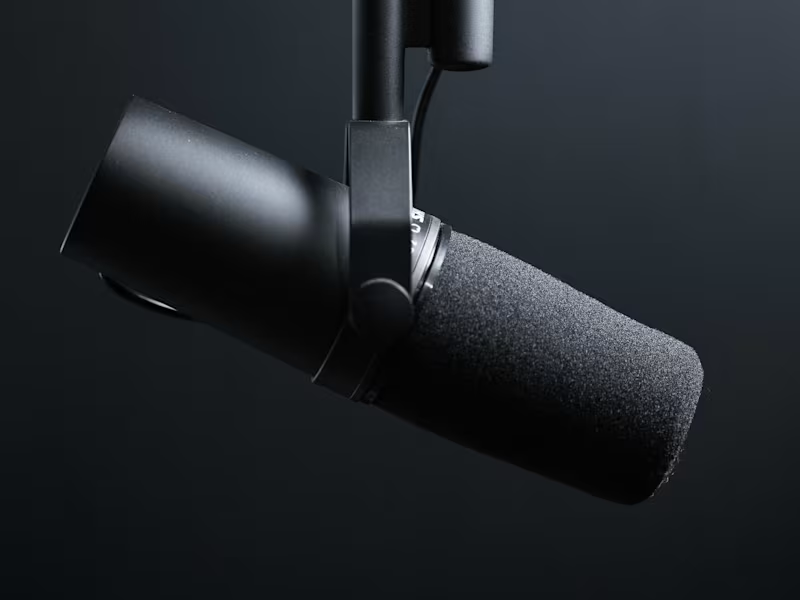


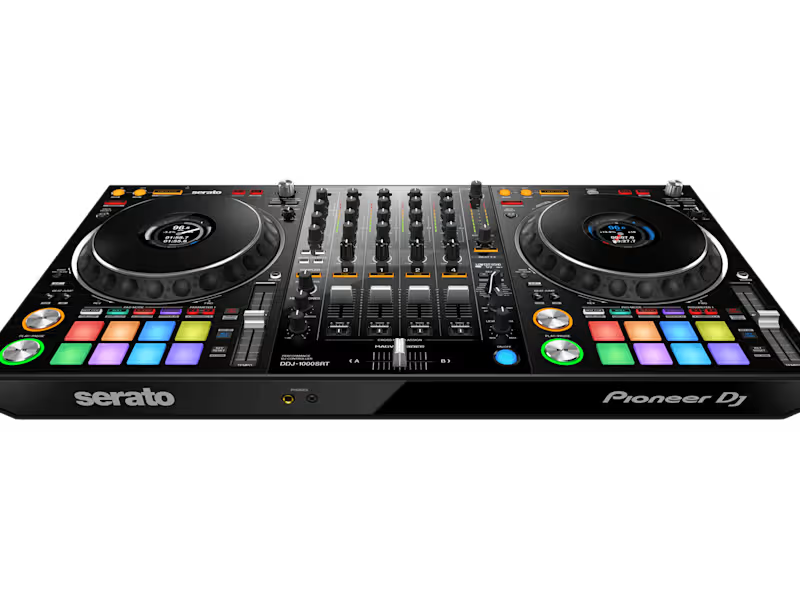


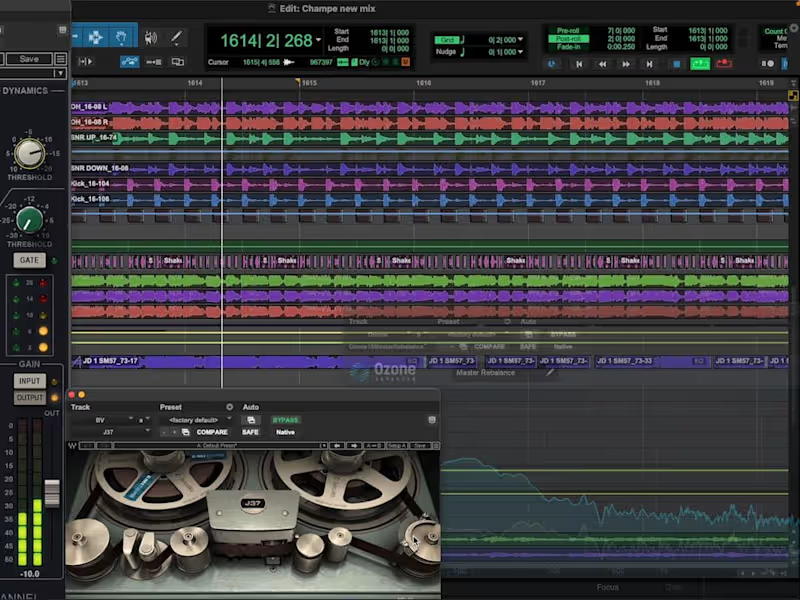

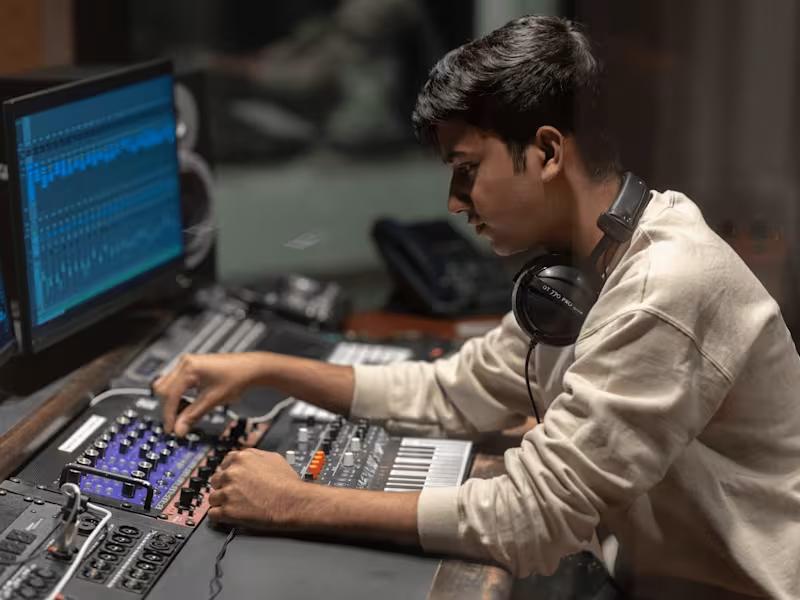




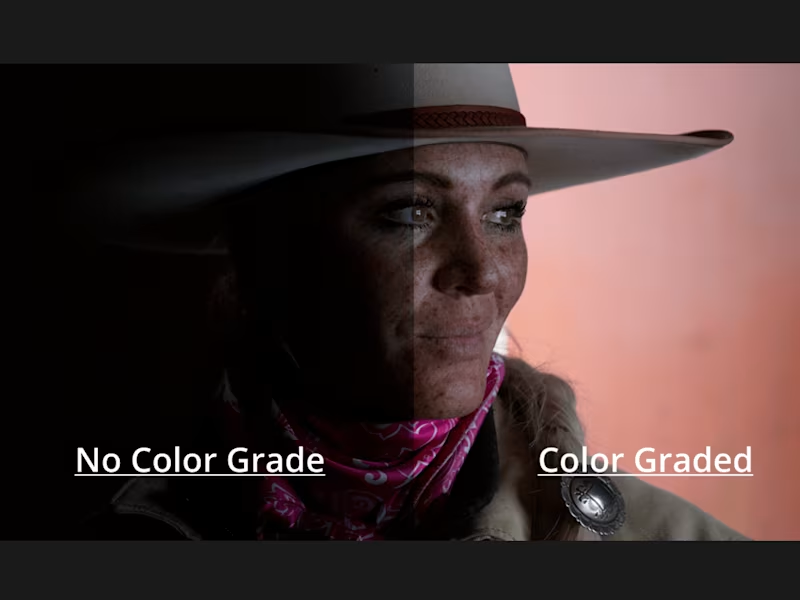











![Cover image for Vivir es morir [Living is Dying] Audiobook Editing](https://media.contra.com/image/upload/w_800,q_auto/flq6fcb9byfw6ylzp1xs.avif)
